Reflections on Diversity
Author: Jan-Michael Archer
As the dusky sun set fire to the eastern bank, an incredible scene unfolded across the water. Less than a hundred yards from our kayaks, ten bald eagles continuously dove at the surface–leveling off at the last second to skim the glassy top of the Nanticoke River. I had never seen so many at one time. Juveniles and adults, up and down, again and again. Hardly a frenzy, it played like an effortless acrobatic choreography. Glued to my seat, I could not help but think, “keep going…”
When Elaine Tholen, my former supervisor at Fairfax County Public Schools Get2Green, invited me to join Upstream Alliance on a 30-mile paddle of the Eastern Shore, I had plenty of reasons to decline. I was fighting a persistent cold. I was buried in my PhD application. I was shopping for a car on a restrictive budget/credit score. I was prone to fits of laziness in the face of strenuous activity (Thirty miles? I had never paddled thirty feet!). Despite these reasons, or perhaps in spite of them, I agreed because I knew that I would be the only black person there. And while there were potential stressors associated with this, there were also rewards.
Don Baugh, Upstream Alliance’s founder and president, warmly greeted us as we pulled up to the Salisbury University Field Station in Riverton, Maryland. The University purchased the beautiful two-story house and adjacent wet lab to serve as a teaching aid for environmental science students. As we all gathered for a briefing and quick introductions, I noticed that I was indeed the only African American in the group. This is not surprising. Representation of people of color in outdoor recreation is poor (though the increasing population of Latin Americans is on track to change this). As a conservationist, I have become accustomed to representing my race on camping trips, scuba diving trips, rock climbing excursions and now paddling expeditions.
Donning a spray skirt and life jacket, I almost looked ready for the day’s 8-mile paddle. Unfortunately, my post as second-seat did not suit my unfamiliarity with steering. As we zig-zagged up the river–Elaine periodically looking back to see what I was doing, me periodically looking back to see what the rudder was doing–I could not help but laugh at what I had gotten myself into. The idea that inner-city African Americans do not swim is an urban legend rooted in the harsh reality of a Jim Crow-era America. Woefully unclean “Blacks-Only” swimming pools presented major health risks for African Americans and Black parents were reluctant to allow their children to play in them. Without access to natural waterways, Black children living in the urban jungle were precluded from swimming. Now, playing the role of cultural ambassador, I was fording both literal and metaphorical rivers.
We pulled out for lunch, a quick hike of the tidal marshes, and a history lesson on the Chesapeake Forest Lands led by Tom Horton, a Salisbury University professor and Eastern Shore native. As I got to know my fellow paddlers, I was taken aback by the breadth of experiences and career focuses amongst the group. Janet Harrison, a green architect. Charlie Stek, a former congressional staffer. Erica Baugh, a young but seasoned environmental educator. Joe Fehrer, a project manager at The Nature Conservancy. All experts in their fields. All brought together by Don and a shared love of the outdoors. All championing conservation in the face of bleak (both politically and physically) climate forecasts.
Piling back into our boats for the return trip, I reflected on how the African American community needed to join the fight for protecting our public lands. Today, there are no laws that forbid Blacks from participating in outdoor recreation and communities (particularly this one of paddlers) are far from hostile. As I watched those eagles, the hallmark of American wilderness, I thought, “Keep going…keep showing up. This is a moment that all of your brothers and sisters need to see and be a part of.” When people of color see each other and see themselves outdoors, their sense of belonging and ownership is affirmed. And within that ownership lies the power and responsibility to protect our natural resources. This is my reward to share. Upstream Alliance’s mission to mold tomorrow’s environmental leaders is aligned with my own mission to ensure that tomorrow’s environmental leaders include diverse faces.
NOTE: This post describes only the first of a three-day expedition. After the first day, we were joined by Benjamin and Nicole, two undergraduate students at Salisbury University who are also people of color. We enjoyed sharing our experiences and agreed on the virtues of showing up despite knowing, or even because you know, you’ll be the only minority in the room. I am incredibly grateful to Upstream Alliance for this opportunity and look forward to joining in on future trips!
Click here to see pictures from the Nanticoke River Expedition

